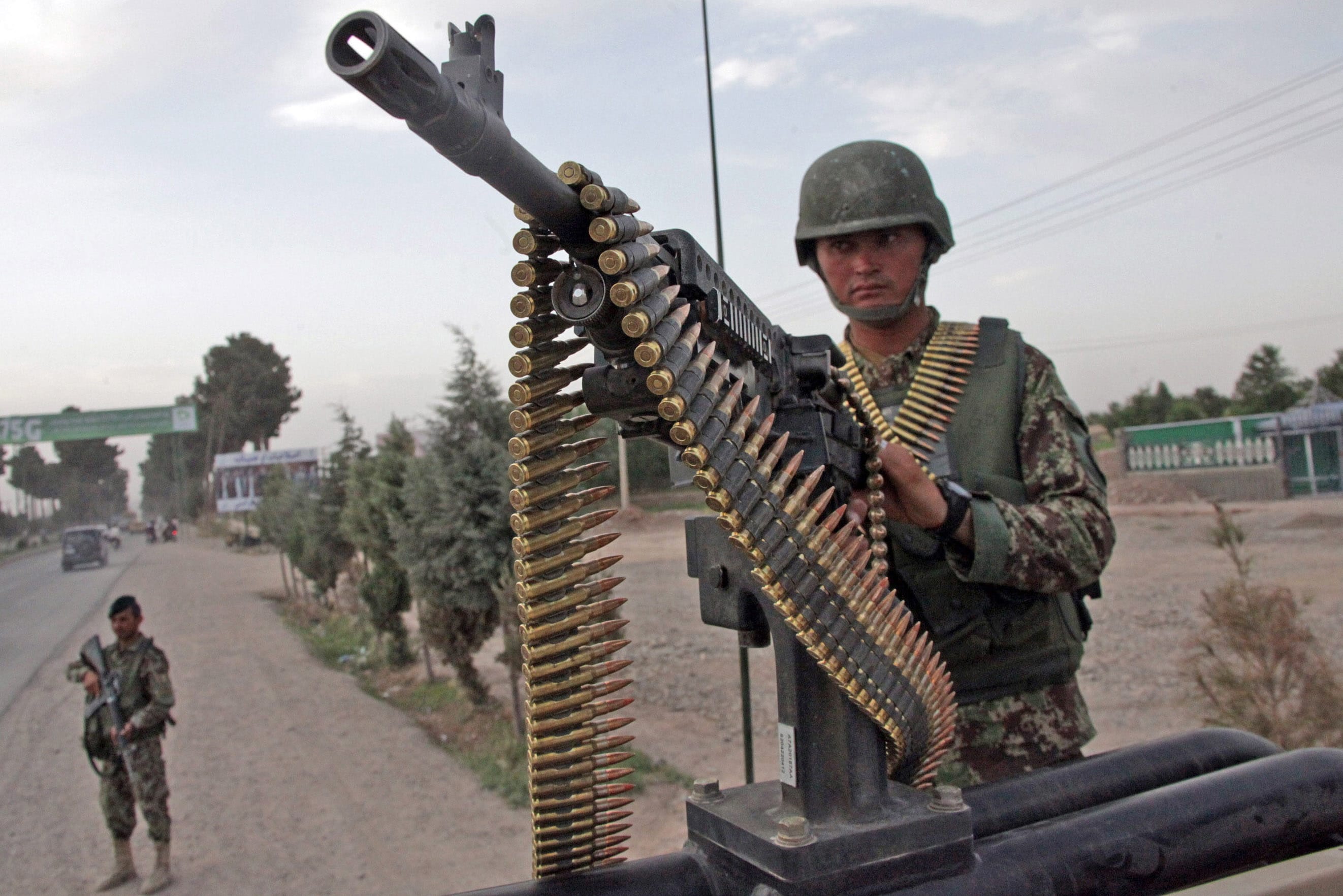KABUL, Afghanistan — Afghans choose a new president today in a runoff election between two candidates who both promise to improve ties with the West, combat corruption and guide the nation with a steadier hand than outgoing leader Hamid Karzai.
The Taliban, who have intensified attacks ahead of the vote, issued a new warning to stay away from the polls. Afghan troops stepped up security sharply, erecting more checkpoints, searching cars and banning trucks from the streets of the capital, Kabul.
With the insurgency showing no signs of weakening as foreign combat troops prepare to withdraw at the end of the year, the winner will have the task of bolstering Afghanistan’s security forces while weighing the possibility of a negotiated peace with the militants. And he will have to find a way to improve the nation’s infrastructure at a time when international aid for Afghanistan is drying up.
Abdullah Abdullah and Ashraf Ghani Ahmadzai, whose differences lie more in personality than in policy, each say they would sign a long-delayed security pact with the United States. That would allow nearly 10,000 American troops to remain in the country for two more years to conduct counterterrorism operations and continue training and advising the ill-prepared Afghan army and police.
Karzai, who has grown increasingly alienated from his one-time U.S. allies during his two terms in office, has refused to sign the pact. The issue has gained urgency as Afghans have watched Islamic extremists seize large sections of Iraq nearly three years after U.S. troops withdrew from that country. Iraq’s Shiite-led government had discussed with the Americans the possibility of a residual U.S. force but the two sides were unable to reach an agreement.
“If the foreign troops leave Afghanistan, the same thing will happen,” said Afghan cleric Ghulam Hussain Naseri during a Friday sermon in a Kabul mosque.
The inconclusive first round on April 5 saw a massive turnout with voters excited about participating in the country’s first peaceful transfer of authority and choosing from eight candidates, a crowded field that threw traditional alliances in flux. Analysts have predicted less enthusiasm and a tighter race in the second round following shifting endorsements from various power brokers and other community leaders.
Abdullah emerged as the front-runner after he garnered 45 percent of votes in the initial balloting; Ahmadzai was second with 31.6 percent. The two have since campaigned as much for the support from their six former rivals as from Afghans themselves.
“It is very essential for whoever becomes the president to work hard for national unity and to provide opportunities for talented and well-educated people regardless of whether they were their supporters or if they supported the opposition,” said Jawed Kohistani, a political and military analyst in Kabul.
He also said the winner must move swiftly to establish an “environment of trust” with neighboring countries and the West.



